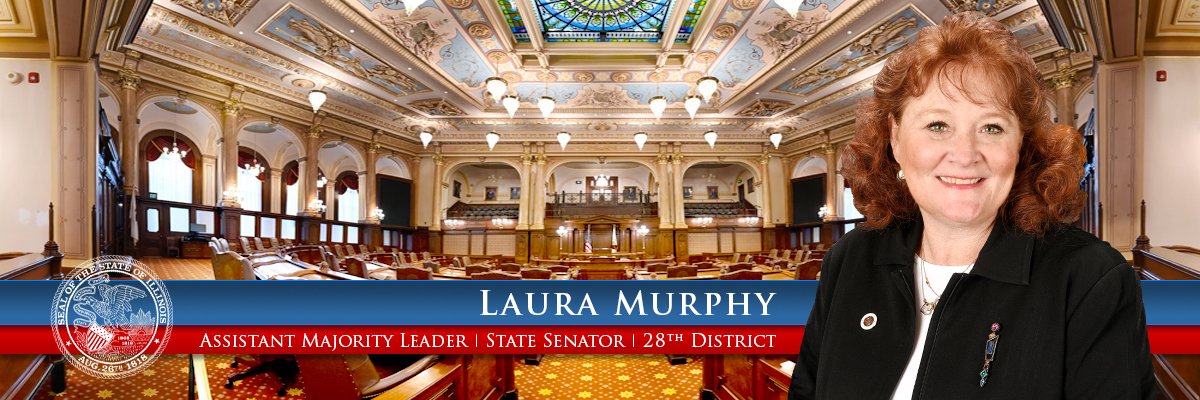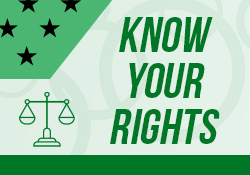- Details
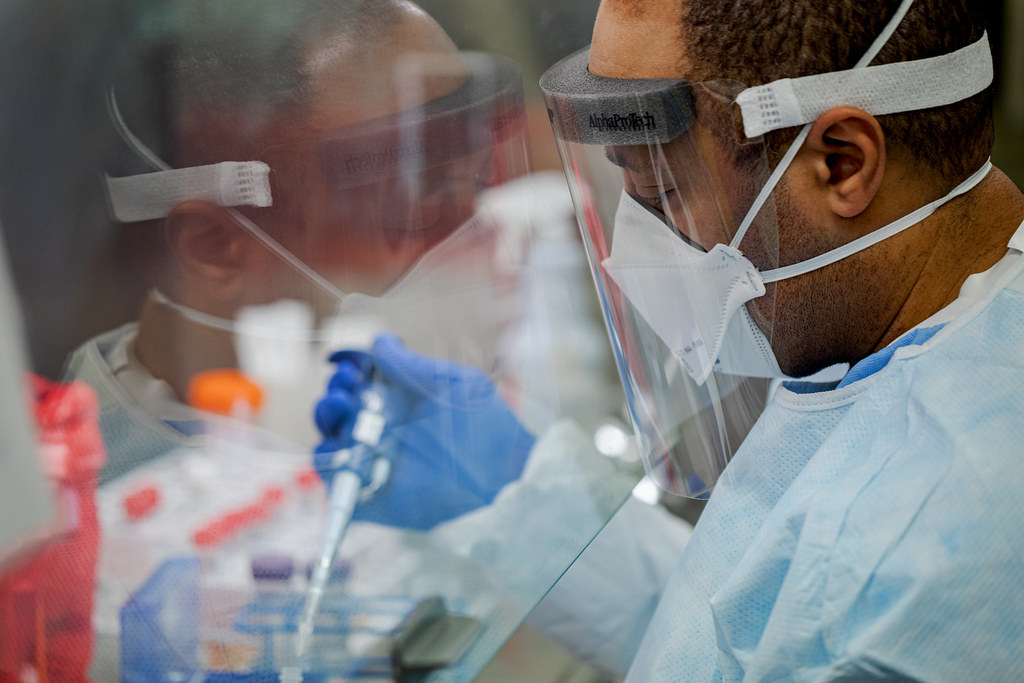 HANOVER PARK – To make it more convenient for residents of the Northwest Suburbs to monitor their health, State Senator Laura Murphy (D-Des Plaines) announced the Illinois Department of Public Health will operate a temporary COVID-19 testing site this Wednesday, Sept. 30 and Thursday, Oct. 1 from 9 a.m. to 5 p.m. at Evangel Church, located at 5700 Bartels Road in Hanover Park.
HANOVER PARK – To make it more convenient for residents of the Northwest Suburbs to monitor their health, State Senator Laura Murphy (D-Des Plaines) announced the Illinois Department of Public Health will operate a temporary COVID-19 testing site this Wednesday, Sept. 30 and Thursday, Oct. 1 from 9 a.m. to 5 p.m. at Evangel Church, located at 5700 Bartels Road in Hanover Park.
“Testing is a critical part of our state’s recovery plan,” said Murphy. “This testing site will give residents a fast, easy and free opportunity to ensure they’re keeping themselves, their families and their communities healthy.”
Anyone will be able to get tested at the site for free, regardless of symptoms. No appointment is necessary, but daily testing supplies are limited, so residents are encouraged to visit early.
The most common symptoms of COVID-19 are fever, cough and shortness of breath. Other symptoms may include chills, muscle pain, headache, sore throat and new loss of taste or smell.
However, people with COVID-19 can spread the virus before they start showing symptoms, and some individuals may be asymptomatic. For this reason, IDPH recommends testing for anyone who has recently been part of a large gathering or has been in contact with someone who has tested positive for the virus.
For more information about COVID-19 testing, visit http://www.dph.illinois.gov/testing.
- Details
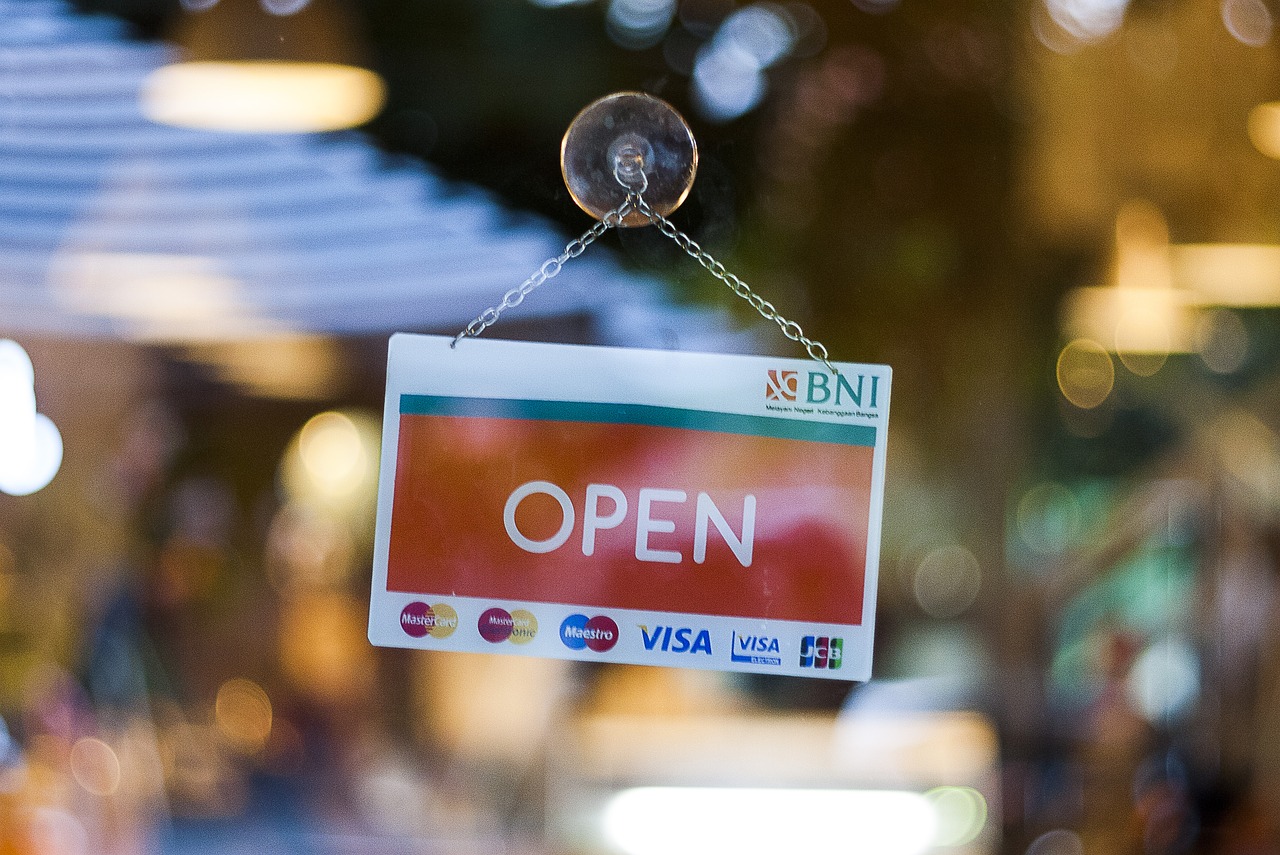 DES PLAINES – In a continued effort to provide aid to small businesses struggling with income losses during the COVID-19 pandemic, State Senator Laura Murphy (D-Des Plaines) is notifying local business owners that applications for the second round of the Business Interruption Grant (BIG) program will be made available Thursday, Sept. 17 and will offer $220 million in funds for small businesses hit hardest by the ongoing pandemic.
DES PLAINES – In a continued effort to provide aid to small businesses struggling with income losses during the COVID-19 pandemic, State Senator Laura Murphy (D-Des Plaines) is notifying local business owners that applications for the second round of the Business Interruption Grant (BIG) program will be made available Thursday, Sept. 17 and will offer $220 million in funds for small businesses hit hardest by the ongoing pandemic.
“For the shops, restaurants, event venues and other businesses that bolster our local economies, these funds can’t come soon enough,” said Murphy. “I encourage business owners to look over the program requirements and gather necessary materials to make sure they can apply as soon as the application period opens.”
The second wave of BIG funding aims to provide relief for all types of small businesses, with provisions to ensure hardest-hit industries – including movie theaters, event venues, hotels, livestock farms and more – receive priority. Businesses with outstanding loan debts under the Illinois Small Business Emergency Loan program will also be eligible for assistance.
Of the total available funding, $70 million has been set aside for businesses in disproportionately impacted areas, or the zip codes facing the greatest economic distress as a result of the COVID-19 pandemic. In Murphy’s district, businesses located in the 60018 zip code in Des Plaines qualify for this aid.
Eligible businesses include businesses and nonprofits with $20 million or less in annual revenue in 2019. Businesses must also be able to demonstrate losses due to COVID-19 in excess of the grant amount.
“Small businesses make our communities home,” said Murphy. “I’m pleased to see more support becoming available to help our main streets start to rebuild.”
A preliminary application, application checklist, business certification forms and a list of eligible costs are now available on the Department of Commerce and Economic Opportunity website. The full application will become available on the page starting Sept. 17.
The first round of BIG funding awarded over $49 million in grants last month to approximately 2,800 businesses across the state. The BIG program is part of a series of relief programs created by the state to help businesses and communities recover from the COVID-19 pandemic.
- Details
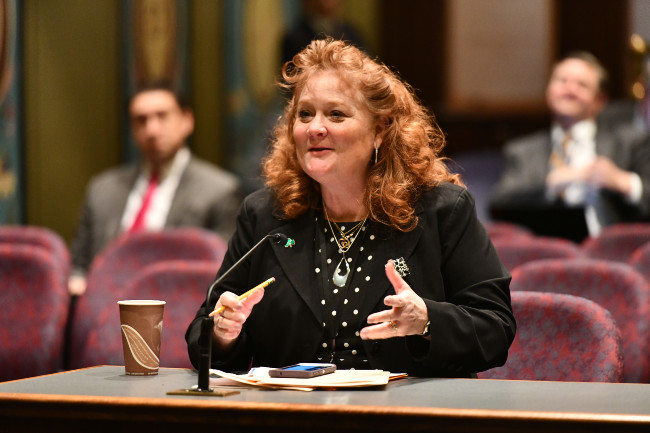 DES PLAINES – Two new grants from the U.S. Department of Labor will create nearly 1,300 jobs across Illinois to support the state’s ongoing pandemic response, and State Senator Laura Murphy (D-Des Plaines) is pleased to see DuPage County will receive over $1.2 million to administer job training and placement programs.
DES PLAINES – Two new grants from the U.S. Department of Labor will create nearly 1,300 jobs across Illinois to support the state’s ongoing pandemic response, and State Senator Laura Murphy (D-Des Plaines) is pleased to see DuPage County will receive over $1.2 million to administer job training and placement programs.
“The pandemic has put thousands of Illinoisans out of work, but it’s also created a need for certain kinds of workers, like contact tracers, community health coordinators, food pantry workers and more,” said Murphy. “To meet the challenges this pandemic has presented us, we need to make sure our workforce has the skills to support our state’s recovery.”
DuPage County Northeast has been awarded over $1.2 million by the Illinois Department of Commerce and Economic Security (DCEO) to place, train and hire Illinois workers to fill high-demand positions and assist local disaster relief programs.
DCEO received a total of $16.6 million as part of the National Dislocated Worker Program. The funding was distributed among 12 Local Workforce Innovation Areas to expand education and training opportunities throughout Illinois.
DCEO will partner with local workforce agency partners to fill high-need, temporary roles to help mitigate COVID-19 in communities, including contact tracers, COVID-19 protocol workers, building sanitization workers, temperature screeners, and food preparation and distribution workers.
Training and hiring for new workforce programs are expected to begin this fall. Local workforce agencies will prioritize applicants who have been laid off or otherwise lost their jobs during the COVID-19 crisis at the time of their application. A full list of available training and hiring opportunities is available on Get Hired Illinois.
- Details

DES PLAINES – To help customers lower their utility bills, State Senator Laura Murphy (D-Des Plaines) is partnering with the Citizens Utility Board (CUB) to offer free, virtual one-on-one consultations to consumers Tuesday, Oct. 13 from 5:30-7:30 p.m.
“Especially now, when many families are struggling with finances, every penny counts,” Murphy said. “I encourage utility customers to schedule a consultation with CUB to make sure they’re taking advantage of all available cost-saving opportunities.”
Starting Tuesday, Sept. 15 at 9 a.m., residents will be able to register here for a virtual one-on-one consultation with a CUB professional to discuss lowering their electric, water, gas, phone, cable and internet bills. After registrants have selected a time slot, they will receive details for a private video call with a CUB representative.
During the clinic, the representative will evaluate participants’ bills to determine if they are signed up with an alternative supplier or paying for unnecessary products or services. CUB will also let participants know if they are eligible for money-saving programs, like financial assistance, and share information about energy efficiency programs.
CUB encourages attendees to provide copies of their utility bills ahead of time or obtain digital versions to ensure representatives can examine all documents with care. For more information on the program, visit www.citizensutilityboard.org or contact Murphy’s office at 847-718-1110.
More Articles …
Page 67 of 129
